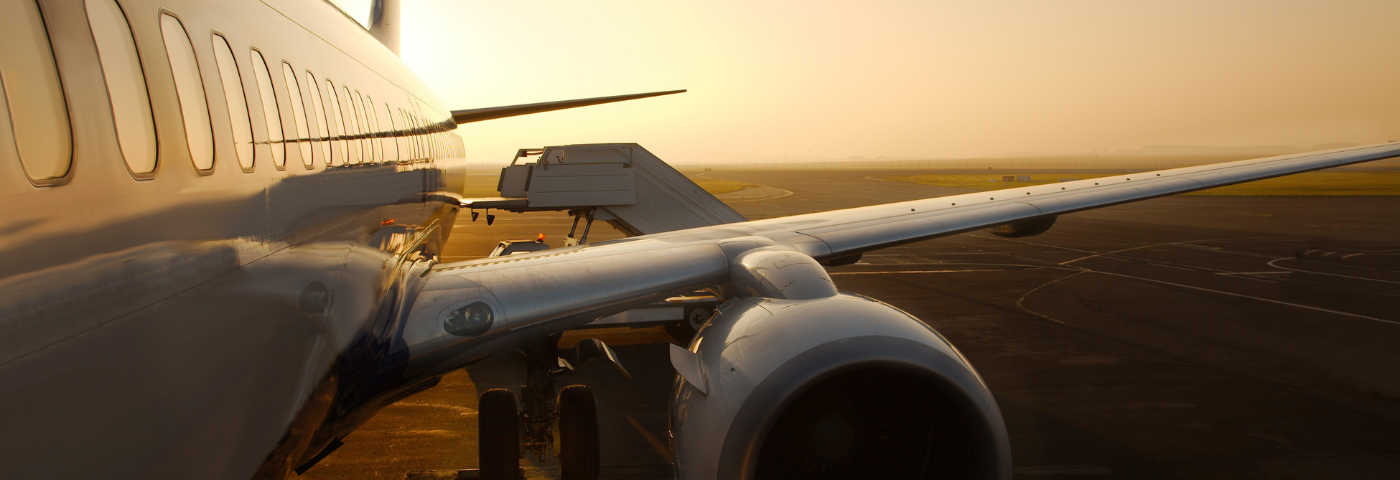The Covid pandemic has taken the airline business through the worst nightmare imaginable over the last three years and whilst things looked up for the summer, circumstances conspired to make it a torrid season.
A progressive loosening of Covid travel restrictions began in late 2021 as first, US citizens were permitted to travel to Europe, followed a few weeks later by reciprocal rights for European travel to the US. Sporadic openings of a number of intra-European markets occurred but it looked like the doors were to be firmly shut again with the emergence of Omicron around the peak Christmas travel period. Only as it became clear that while more infectious, this strain was less virulent, did restrictions begin to be lifted with consistency around February-March of this year.
All appeared set for a promising summer with pent up demand ready to be unleashed. However, the timing of the lifting of restrictions was already well beyond the normal planning cycle for airlines and airports, with respect to manpower recruitment and training. Many have been badly caught out in what has turned out to be an extremely challenging period for the industry and its customers.
Inevitably, for such a long period with little or no revenues, unpredictable on-off travel restrictions, and a mixed impact of furlough job support schemes from governments, airlines had to let go many thousands of staff. The level of uncertainty was so great that airlines, by necessity, have been risk averse when it came to getting restarted. To get such a complex industry up and running again was always going to be difficult but just how difficult was unimaginable.
On top of late government decisions to open up, many other factors have contributed to the difficulty in getting restarted including in the UK, more time consuming security vetting processes required for many security sensitive positions.
These have been taking up to three months to complete hence delaying the ability to bring new staff on board.
The more intangible challenge has been where staff have simply left the industry for similarly or better remunerated posts elsewhere with less stress and strain. It’s a reality that many jobs in airlines and at airports such as baggage loading and customer facing positions are pretty demanding, both physically and mentally and by nature of the industry, require seven days per week shift working. Pay rates are not the highest so why wouldn’t people be tempted to look elsewhere? The industry is going to have to take a hard look at both pay and conditions for many in such positions in order to provide a stable motivated future workforce, whilst seeking new ways to address the cost challenge which this may create.
Airport capacity caps, in order to match available manpower with the level of demand, have created their own challenges and lead to more flight cancellations. While these may have been necessary, there is certainly room for improvement in communication and planning between airline and airport partners.
It’s frustrating that media coverage of the summer problems has been finger pointing, suggesting that problems have been localised and confined to only the airlines or airports of a specific country to which the media belong. The reality is that challenges have been witnessed in numerous countries around the world where traffic has recovered rapidly, ranging from the US and Canada to Europe to Australia.
It is fair to say that some companies have performed better than others. Ryanair and Jet2 for example, have been applauded for keeping on more staff and being ready for the restart with few problems. This praise is certainly justified, but not all airlines have had the financial means to take this approach. Nor can a like-for-like comparison be made between airlines whose business model depends purely on intra-European traffic, with those reliant on the opening up of traffic from numerous markets across the world. There is no one-size-fits-all solution.
While there are justifiable reasons behind many of the problems, lessons have to be learned by all parties, airlines, airports and governments if performance is to be significantly improved for a future crisis of such magnitude.
Financially, for a number of airlines, summer has yielded a much stronger performance, but now the peak has passed and operational performance is improving, there is the prospect of winter where demand is seasonally much lighter. If the worst of Covid is behind, then there are a raft of challenges which make the coming season look pretty perilous.
The Ukraine war looks set to continue and this has brought a number of consequences for airlines. Long haul airlines serving Asia from Europe cannot now use the fast Siberian routing, meaning longer more costly detours, adding to the problems of many Asian markets not being fully open. Finnair is perhaps the worst affected, having seen its niche of connecting European cities to those in Asia via its Helsinki hub, decimated.
The war has pushed oil prices up and aviation fuel has seen an even greater spike in cost. Some airlines such as Ryanair are well protected from the price hikes due to fuel hedging whilst others are massively exposed and face difficulty passing on these costs to customers.
Gas prices too have risen and with broader inflationary pressures many European consumers are facing a severe squeeze on household budgets. With recession likely in many economies, exactly what this will mean for demand in summer 2023 is far from clear.
In countries like the UK, people tend to put taking a holiday as a priority ahead of other expenditure but it is possible that the number of trips taken could see a reduction. There are always winners and losers and this will become apparent in the months ahead.
How can leaders better respond to challenges the airline industry is facing? Visit WTM London to explore the opportunities and challenges for the aviation industry including the strong resurgent demand but lack of manpower, increasing fuel prices and flight restrictions as well as the weak economic outlook.



